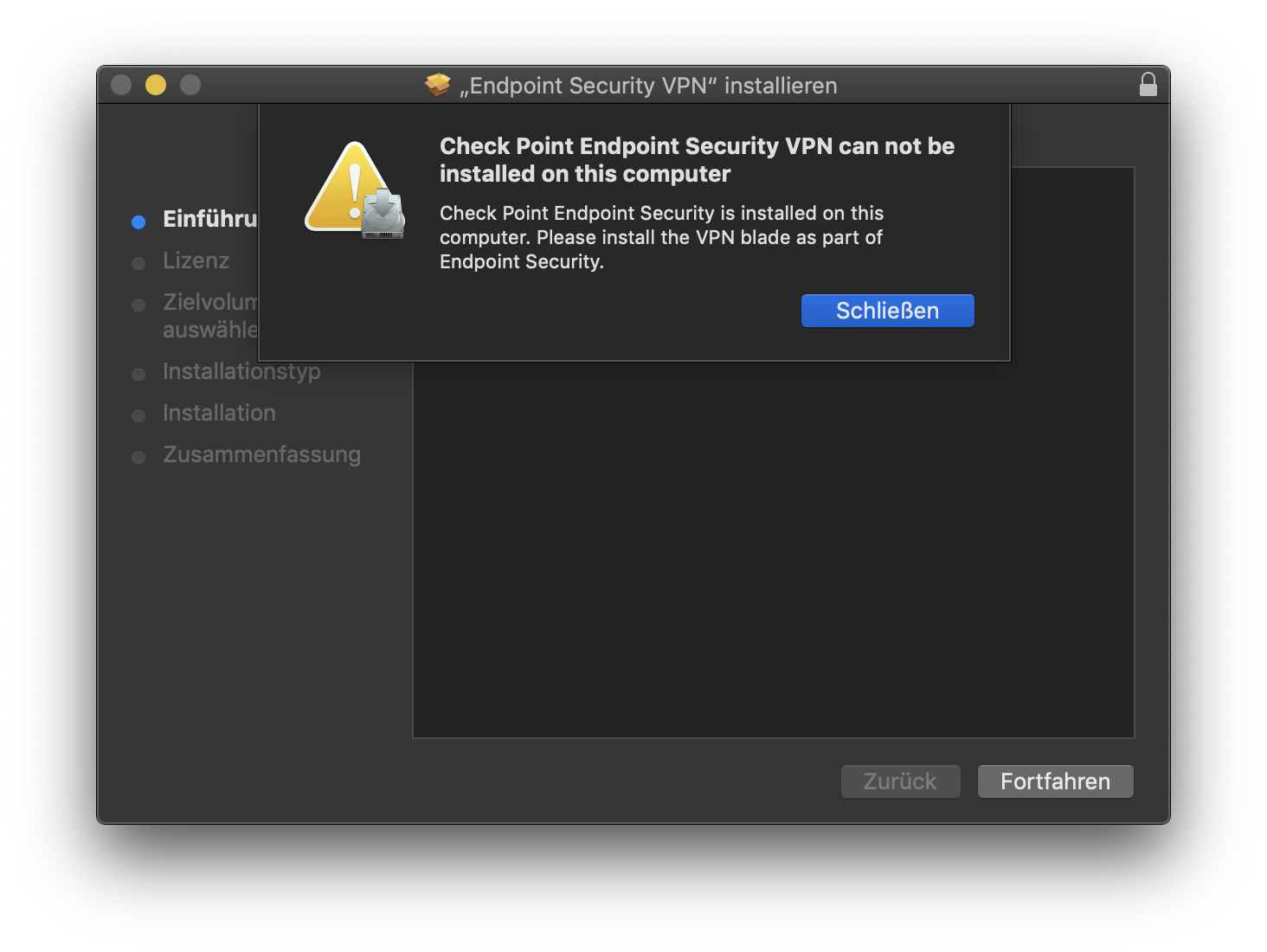
Why we chose it: Surfshark’s Linux app boasts a visually appealing graphical user interface that is easy to navigate - in fact, the company says it was the first of the major VPN providers to have a user interface on its Linux VPN client. The app’s graphical user interface (GUI) works on various Linux distros, including Ubuntu, Debian, Mint, MX Linux, Kali Linux, Archlinux and Elementary OS.

DNS leak protection prevents your DNS requests from being revealed to your ISP, and a kill switch automatically disconnects your Linux computer from the internet whenever your VPN connection drops. The free Proton VPN for Linux features unlimited speed and bandwidth, DNS leak protection and a kill switch. The VPN also uses OpenVPN for encryption, which is one of the safest tunneling protocols available - even the United States National Security Agency (NSA) can’t spy on traffic sent through OpenVPN. As such, Proton strictly doesn’t monitor any activity from your IP address. Proton VPN's home base is in Switzerland, where laws allow VPN companies to implement strict no-logging policies. Although users can only connect to servers in the U.S., Japan and the Netherlands, they can do so for as long as they want. It uses payments from the premium version to subsidize the free version, which is likely why it’s able to offer a free VPN for Linux without featuring ads or selling your browsing data and history. Proton is a freemium VPN, meaning it has a free and a premium version.


Why we chose it: Proton’s free Linux VPN can be used indefinitely and does not collect and sell users’ browsing data, which makes it one of the best free VPNs for Linux.


 0 kommentar(er)
0 kommentar(er)
